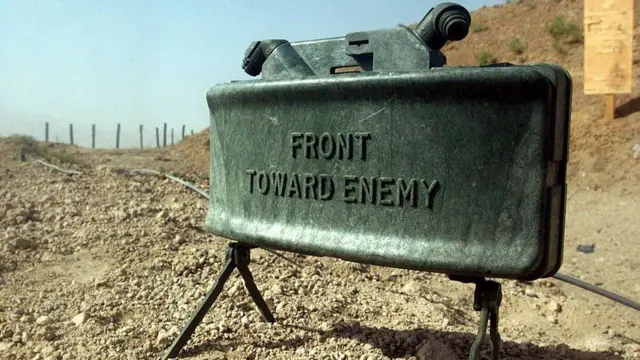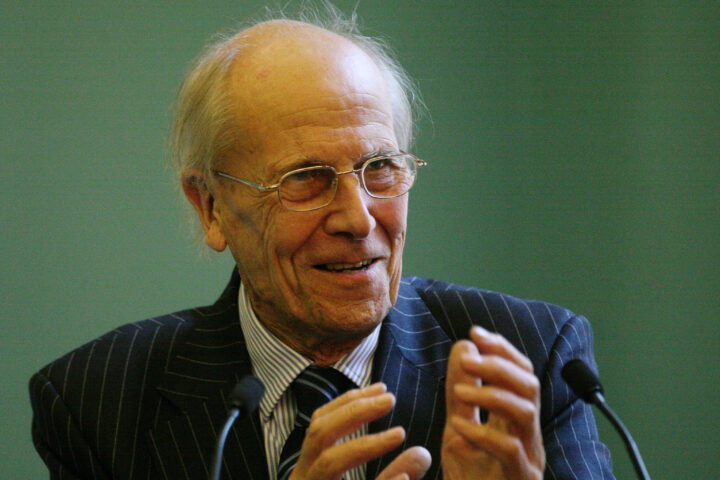Six European countries, including Finland, Poland, the Baltic states and Ukraine, have formally decided to withdraw from the 1997 Ottawa Convention banning anti-personnel landmines, citing escalating security threats on NATO’s eastern flank.
On 4 July 2025, Finnish President Alexander Stubb signed off on Finland’s exit from the treaty, stating the move is driven by “defence needs in the face of the deteriorating security environment in Europe”. While affirming that Finland would never use landmines in peacetime, Stubb described them as a “highly effective defensive tool” that the Finnish Armed Forces must be able to deploy if necessary.
The Ottawa Convention, which has been ratified by more than 160 countries, prohibits the use, stockpiling, production and transfer of anti-personnel mines. However, several major military powers — including Russia, the United States, China and India — have never joined the treaty.
Security overrides treaty obligations
Alongside Finland, Poland, Estonia, Latvia, Lithuania and Ukraine have also taken the political decision to exit the treaty. All six nations argue that in the face of growing external threats — particularly Russia’s full-scale invasion of Ukraine and its continued use of landmines over the past three and a half years — maintaining restrictions under the Ottawa Convention creates a dangerous asymmetry.
“Ukraine, as a victim of aggression, cannot be constrained by rules that the aggressor ignores,” said a senior Ukrainian official, pointing out that Moscow’s large-scale use of anti-personnel mines in civilian and military areas has gone unchecked since 2022.
Poland and the Baltic states expressed similar concerns, with regional leaders noting that the treaty’s restrictions could prevent effective territorial defence against a potential Russian incursion. In their view, the use of landmines — under strict military command and outside civilian zones — should remain an option when national survival is at stake.
A temporary, not total, renunciation
Officials from the withdrawing states stress that this is not a rejection of humanitarian norms, but a temporary step dictated by strategic necessity. The countries remain committed to responsible conduct and stress that the decision does not signal a return to indiscriminate landmine use. Rather, it reflects a growing sense among frontline states that they must match the capabilities of adversaries who are not bound by international rules.
At the same time, Norway has confirmed it will remain party to the Ottawa Convention. Oslo maintains that its existing defence capabilities are sufficient to deter aggression, and that it sees no military need to return to landmine deployment.
While the withdrawals are certain to draw criticism from humanitarian organisations, they highlight a deepening divide between legal obligations and battlefield realities. With Russia — a non-signatory — continuing to wage war without regard for international arms control, the latest decisions reflect a recalibration of priorities among nations closest to the conflict.















